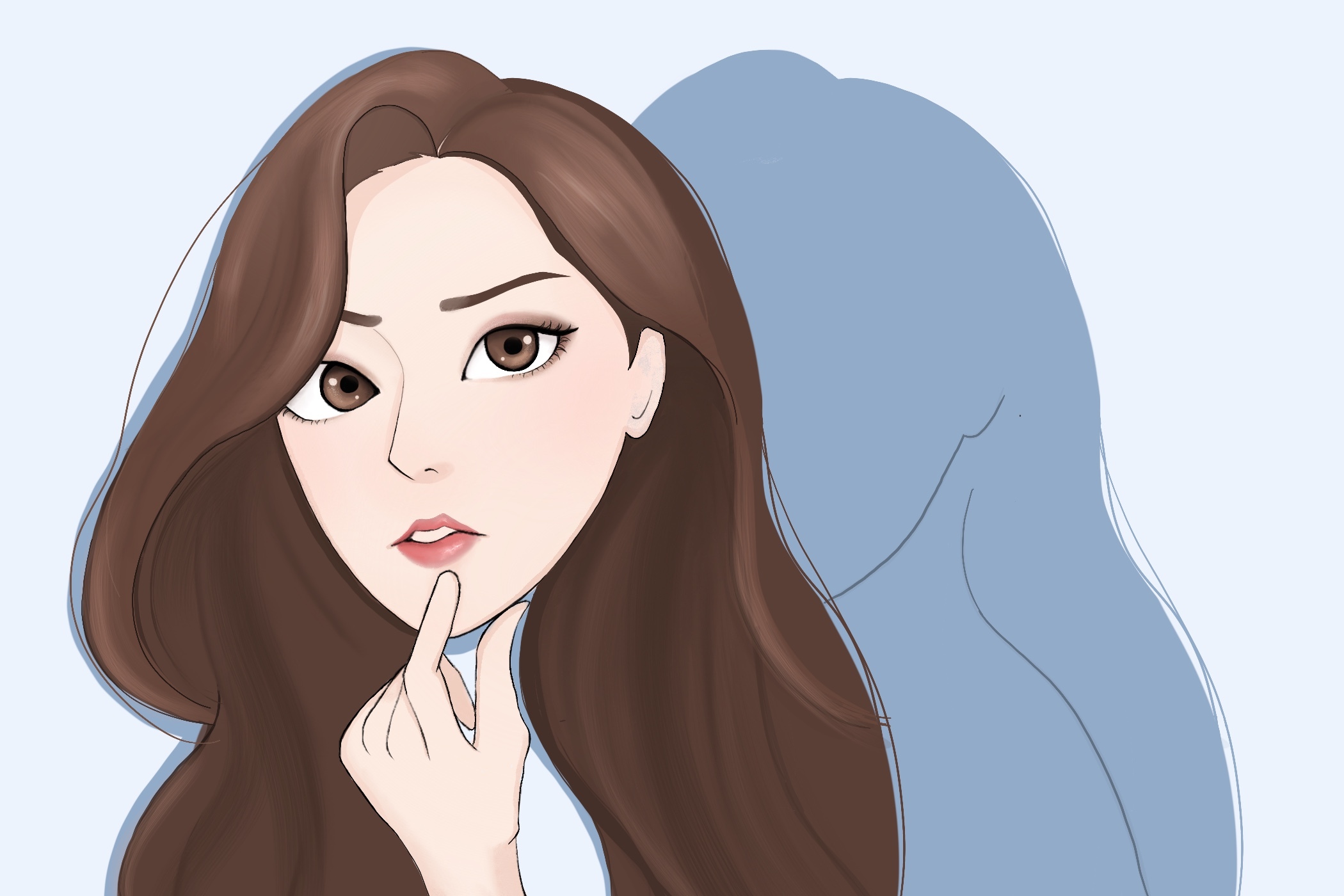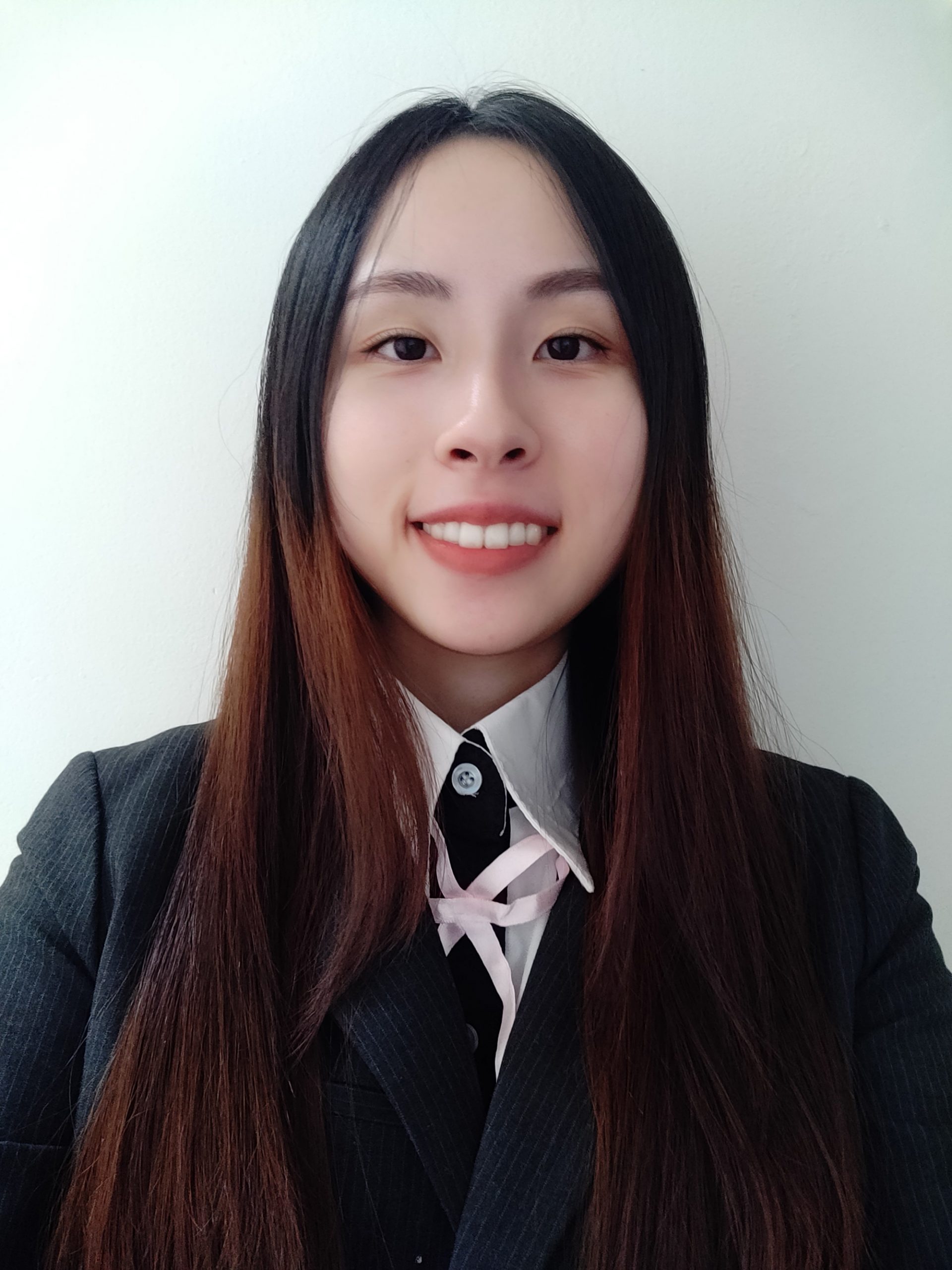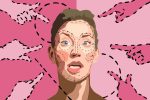Warning: Light spoilers for “True Beauty” ahead.
Although I am not one to follow the hype when it comes to media, an exception must be made just this once. After browsing the web for a good story with realistic elements, one particular webtoon caught my eye. Ironically, I was captivated by the characters’ drawn appearances and the beautiful art style — but ultimately, I stayed for the story’s contents.
“True Beauty” is one of the most popular webtoons to date because it satisfies readers with its dramatic but interesting storyline.
What Is “True Beauty” About?
The webtoon “True Beauty” follows the story of Lim Jugyeong, a high school girl who was bullied in the past for not meeting her society’s high beauty standards. After being shunned for her looks, she turns to an online forum where she asks for advice about her appearance, and as a result, she is influenced to try makeup and achieve the looks people consider attractive. After using makeup to manipulate her facial features, she manages to become one of the prettiest girls in school, if not the prettiest, but she ends up living a double life.
Outside of school, she enjoys reading horror comics and listening to rock music. However, within school grounds, she disregards her likes and hobbies to be adored by the people around her. Jugyeong frequently worries about her makeup-less appearance being exposed — which leads to her connecting with Lee Suho, a handsome but reserved transfer student who is later revealed to have his own deep-rooted troubles.
The two initially cross paths at a comic book shop, a place she frequently visits to buy comics without makeup on. After Jugyeong gives Suho a few comic recommendations, he warms up to her, despite usually being unfriendly toward others. Eventually, however, she realizes that he goes to the same high school as her and ultimately tries to distance herself to avoid potentially being exposed. But like many drama series, things do not work out as planned.
At first, Suho is unable to match Jugyeong’s makeup-less face to her made-up face, but he eventually realizes that the two versions of her are, in fact, the same person. Out of fear, she begs him to keep her face a secret and, in turn, she promises to do anything he asks of her. And while this alone sounds like the beginning of an abusive relationship, Suho merely asks her to spend time with him outside of school and subtly looks out for her when she needs help.
Despite being so obsessed with her own physical appearance, Jugyeong sees the beauty in other people’s personalities and does not treat those considered “unattractive” as lesser than her. She provides uplifting positivity to people with low self-esteem and shows them the kindness she never received in the past. However, she also holds the shallow ideology that no one can truly love her unless they come to terms with her makeup-less face.
“True Beauty” gives deeper insight into what it looks like to live in a society where everyone does not want to recognize their true selves and everyone judges others based on superficial details.
The Role of Appearance in a Real-Life Society
One of the first questions that comes to mind when looking at the title “True Beauty” is, “What exactly falls under the category of ‘true beauty’?” The easiest answer would be someone who is pretty on the inside — someone with respectable ideals, a good sense of humor or a lovely personality. However, even though many people identify “personality” as their top ideal when looking for social connections, appearance plays a huge role in first impressions.
It is not uncommon to hear that someone gets bullied based on their looks, especially now that social media has taken over the internet. Platforms such as Instagram, Facebook and Snapchat foster a space where bullying can be done anywhere, at any time.
Across all ages, people are constantly judged based on their physical appearance — how expressive they are, how physically attractive they are and how trustworthy they look. These initial assessments likely determine whether someone will approach and connect with them. The PACER’s National Bullying Prevention Center reported, “The reasons for being bullied reported most often by students include physical appearance, race/ethnicity, gender, disability, religion, sexual orientation.”
Numerous studies assert, “Attractive people are more likely to be hired than less attractive individuals and attractiveness can also influence judgments about the seriousness of committed crimes. Outside the laboratory, attractive people also appear to lead favorable lives; attractive individuals pay lower bail and are more likely to be hired for jobs than less attractive individuals.” Someone with strong ability but an unappealing appearance can be ignored for those with lesser skills but “beautiful” looks.
Ultimately, no matter where you are or who you are, people will judge you based on what they see first, and in many cases, this is your physical appearance. We, ourselves, are not excluded from making these judgments about other people. Unless we are unable to see and are forced to use our other senses to evaluate others, we cannot ignore the initial instinct to judge others based on their physical features. However, we can be more conscious about it and train ourselves to unconditionally support everyone around us.
The Message of “True Beauty”
Although “True Beauty” takes place in South Korea, the “plastic surgery capital of the world” known for its emphasis on good skincare, other places are not exempt from making assumptions about a person’s outer appearance. I believe that the message of “True Beauty” is that beauty does not dictate the “heart” of an individual, and one should not make judgments based on looks.
A lot of stories and shows reiterate the same message; however, “True Beauty” does so in a way that makes it realistic and relatable to the reader. The way the main character Jugyeong Lim is drawn emphasizes the dramatic change between her two personas, both appearance and personality-wise. Her inner thoughts and expressions are drawn out to the littlest detail, and in some instances, it adds a bit of a comedic effect to the webtoon despite its serious underlying message.
After topping the Webtoon charts with around 234 million views, “True Beauty” was adapted into a TV series in 2020. The show debuted in December, and it currently has 16 episodes available. Hopefully, with the media’s influence and the webtoon’s evident success, the message to not judge a book by its cover will be properly represented.
















